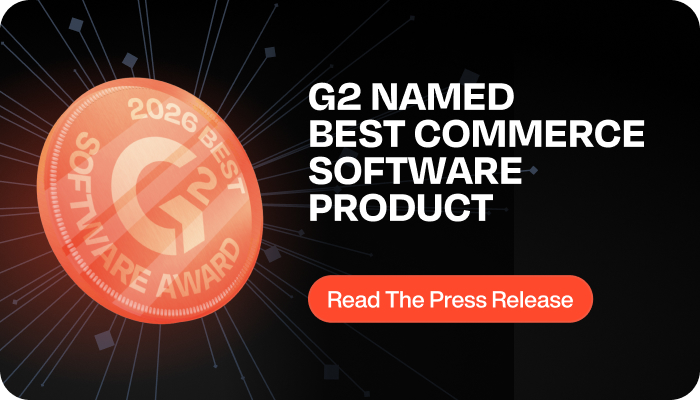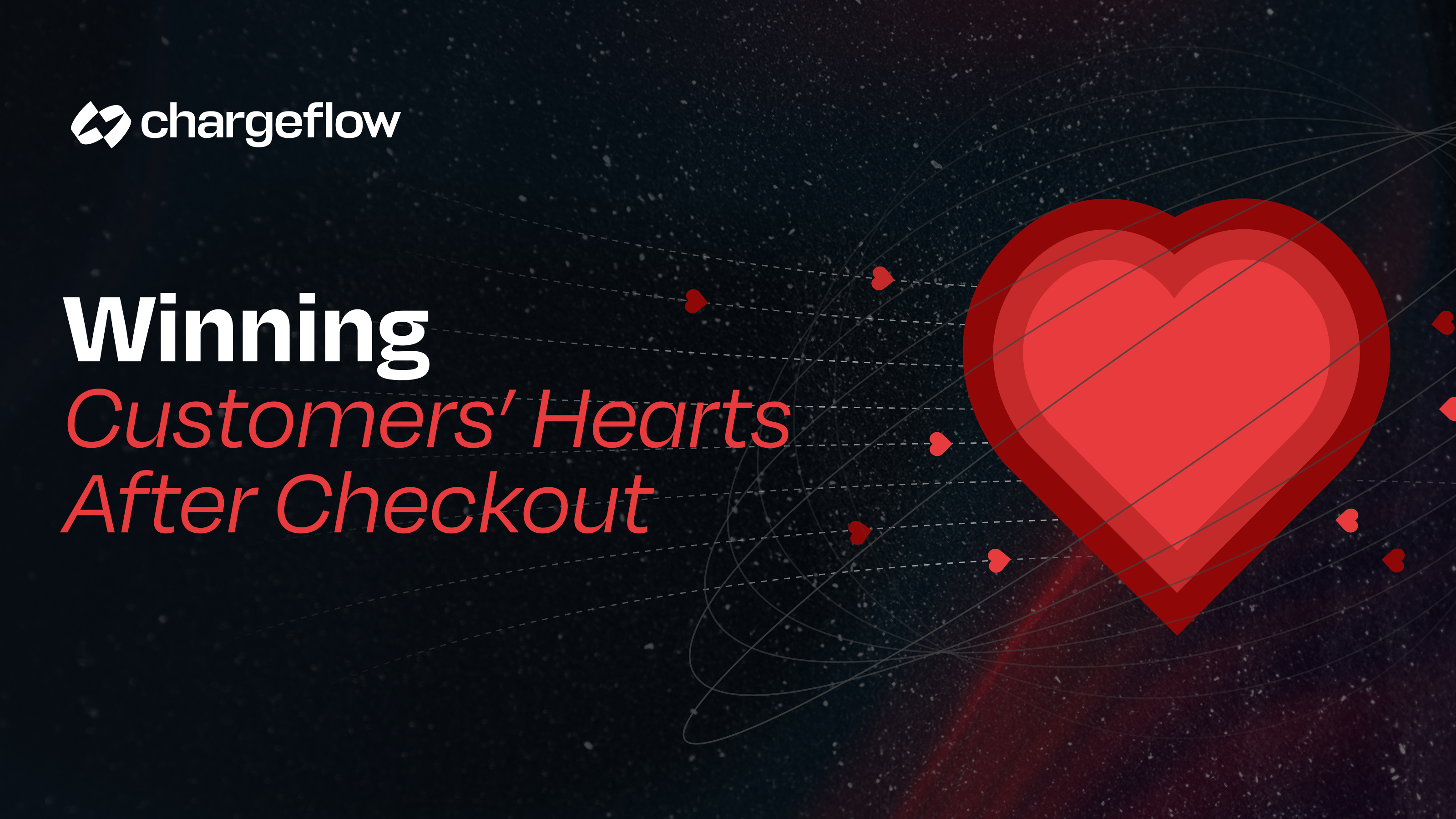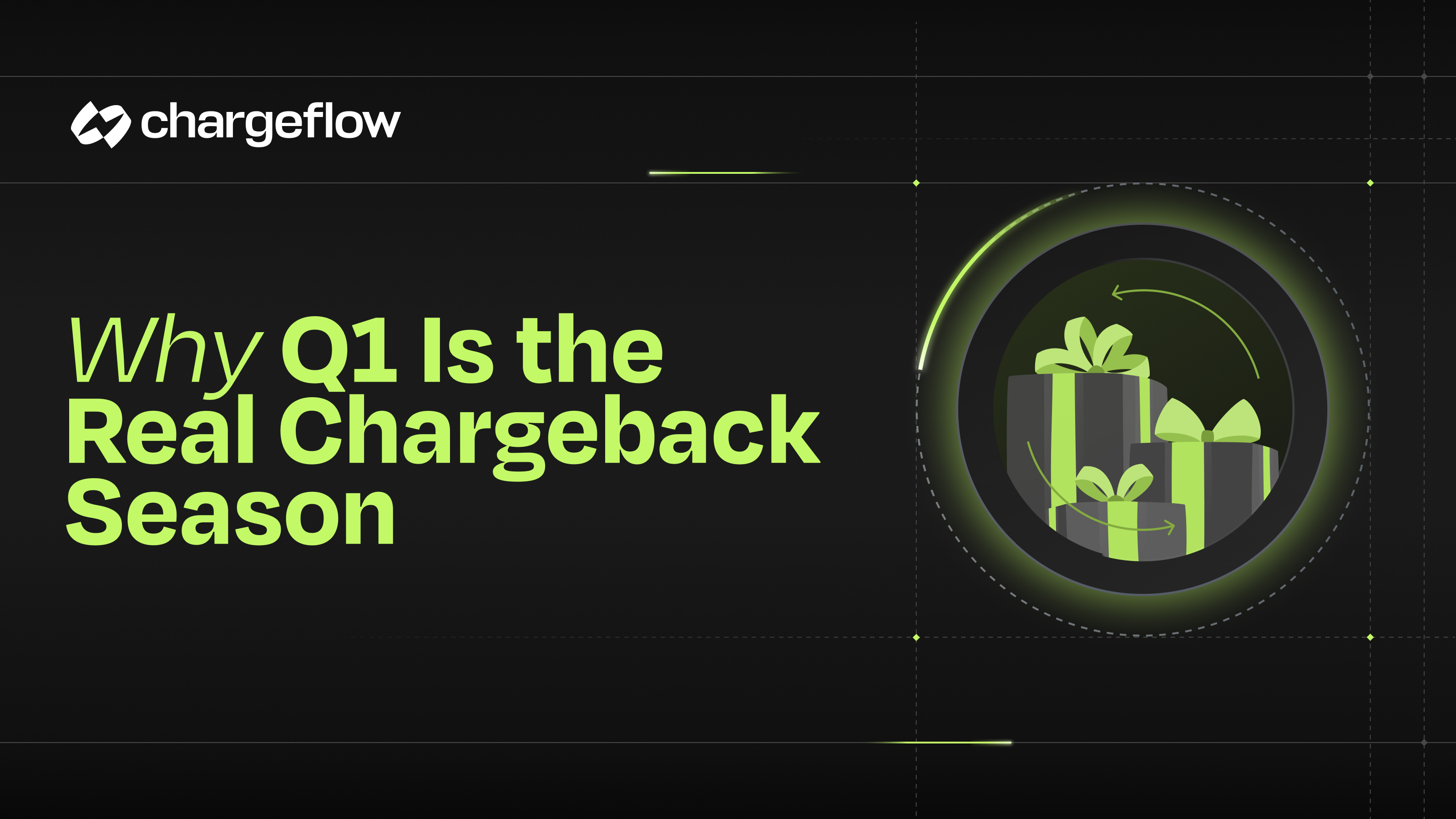How to Plan for Chargebacks as PayPal okays Bitcoin for Payments

Chargebacks?
No longer your problem.
Recover 4x more chargebacks and prevent up to 90% of incoming ones, powered by AI and a global network of 15,000 merchants.
PayPal CEO announced PayPal's plans to allow Bitcoin for payments next year. But will Bitcoin acceptance mean more or fewer PayPal chargebacks?
PayPal CEO Dan Schulman announced PayPal's plans to allow Bitcoin for payments early next year. But will Bitcoin acceptance mean more or fewer PayPal chargebacks for merchants?
A number of our readers have wondered what the implication of the recent announcement by the PayPal CEO will be for managing PayPal and crypto chargebacks. In this article, we shall provide useful answers to help you plan for the next year.
But first of all, let’s get a better understanding of these fancy words you might have been hearing a lot recently: Blockchain, cryptocurrency, and Bitcoin.
By definition, blockchain is a decentralized ledger of all transactions across a peer-to-peer network. Using this technology, one can confirm crypto payments without a central clearing authority such as banks. Some blockchain cases can include fund transfers, trade settlements, voting, and many other issues. It is the technology that enables the existence of cryptocurrency.
As the U.S dollar, cryptocurrency serves as a medium of exchange. But it's digital and uses encryption techniques to control monetary units' creation. And to verify the transfer of funds. Bitcoin is the name of the most popular cryptocurrency in circulation, and they invented the blockchain technology for it. Bitcoin is “a collection of computers or nodes that all run Bitcoin's code and store its blockchain...it's a collection of blocks.”
Why the Bitcoin Rave?

Since its creation in 2008, bitcoin has become increasingly popular, with over 18.5 million bitcoins in circulation in cryptocurrency transactions. For the positives: account settlement with bitcoin happens just-in-time. Although the validation process can take about 10 minutes. It’s still faster than the banking system in that it bypasses all intermediaries. Plus, bitcoin is decentralized, which means no government can mine a surplus and cause inflation. And you don’t have to deal with transacting in multiple currencies. All you need to do is set up your wallet and start accepting payments worldwide. There’s also a case for increased and secure cash flow. Unlike other digital payment forms where you can pay with a credit card, the customer has to have money in their wallet to use bitcoin for payments.
Essentially, bitcoin for payments advances the promise of lower transaction fees compared to traditional payment methods. It is not controlled by a central authority. There’s also the prospect of higher security against chargebacks with bitcoin payments. The bank balances are on a public ledger and verified by a massive amount of computing power of about 47,000 nodes as of May 2020. Similarly, those looking to buy ETH will find that like Bitcoin, Ethereum also leverages blockchain technology, offering unique benefits like smart contracts and decentralized applications.
Now you might be wondering: Are there mechanisms for bitcoin buyer protection or bitcoin seller protection in these transactions?
The answer is simple: The Multi-Signature (multisig) transactions protocol in bitcoin transactions, gives users a reasonable degree of security against fraudulent transactions. As one Gus Fuldner explained,
"A basic bitcoin transaction requires only the electronic signature of the sender. In a multisig transaction a transaction can be set up to require M of N signatures where M < = N.
The simplest example of how to create buyer protection in a bitcoin transaction is using a 2 of 3 multi sig transaction where the potential signers are the sender, the receiver and an independent escrow agent. This allows the escrow agent to be the arbiter of disputes and provide protection to the buyer. If the escrow agent agrees with the seller, the seller and the escrow agent can both sign and the seller gets the value. If the escrow agent agrees with the buyer, the buyer and the agent can both sign and the buyer gets the value."
But, of course, bitcoin has significant concerns for payments that have limited its widespread adoption as a reliable alternative to fiat. For starters, skeptics believe their limited utility as an exchange instrument due to volatility, cost, and speed to transact makes bitcoin an unfavorable medium of exchange and digital commerce. The price of bitcoin depends on what the buyer and seller agreed. It has zero intrinsic value like gold or fiat. You can’t see bitcoin, nor touch it. It's value hinges on public perception. More so, the year-to-date usage of bitcoin as a less traceable payment option for illegal transactions adds another layer of obstruction in public adoption.
And for merchants seeking to put the PayPal chargebacks headache behind them, the news about bitcoin as a funding source on PayPal isn’t incredibly exciting for reasons we shall find out in a few moments.
Can Bitcoin for payments eliminate PayPal Chargebacks?

At the surface level, the argument is that because Bitcoin payments are irreversible and secure, the cost of PayPal disputes and chargebacks will no longer be on merchants' shoulders. In bitcoin transactions, the customer deals directly with the merchant. Unlike the traditional setting of chargeback mediation where banks automatically grant the claim, PayPal transactions with bitcoins could wipe out chargeback risks for merchants. When a customer files a claim, the merchant can decide whether or not to grant the chargeback.
But that’s not how the touted Bitcoin for PayPal transactions will work, at least for the time being. According to a PayPal newsroom article, “Consumers will be able to instantly convert their selected cryptocurrency balance to fiat currency, with the certainty of value and no incremental fees. PayPal merchants will have no additional integrations or fees, as all transactions will be settled with fiat currency at their current PayPal rates. In effect, cryptocurrency becomes another funding source inside the PayPal digital wallet, adding enhanced utility to cryptocurrency holders, while addressing previous concerns surrounding volatility, cost, and speed of cryptocurrency-based transactions.”
To dissect, even though the funding instrument on the customer side is bitcoin, merchants will not receive any of the coins since PayPal converts it to fiat currency the second a transaction happens. That means the crypto exchange transactions is in no way immune to PayPal fraudulent chargebacks. And even if they escalate the process to allow merchants to choose between crypto and fiat, as long as the transaction took place on PayPal, it is not irreversible. According to the PayPal newsroom article highlighted, cryptocurrency serves as an additional funding option inside the PayPal digital wallet.
So if you add all the hiccups we discussed previously to the pre-existing processes of managing chargebacks, things can start to look a bit dicer for merchants. For instance, a report by blockchain forensics company CipherTrace states that losses from cryptocurrency thefts, hacks, and frauds netted $1.8 billion in the first ten months of 2020. Despite the much-publicized security assurance in crypto transactions, the system is not entirely immune to hacking risks, resulting in potential unauthorized PayPal transactions.
Don't Leave Your Chargeback Mitigation to Chance
Bitcoins offer some promise of alleviating chargebacks. But as long as bitcoin-based PayPal transactions are in focus, that promise is still a pipe dream. It's essential that you plan for the days ahead. To quote one cybercrime expert, “Fraud protection must be highly adaptive and nimble.”
Times are changing. The way we transact is equally changing. You cannot wait to see what becomes of this new way of doing business. You must raise your game by getting professional chargeback help. Work with PayPal chargebacks and dispute management professionals
Apart from helping you to accurately counter chargeback claims and fraud disputes attempts, Chargeflow can also help you recover lost revenue in the case of eventualities. Our top-of-the-line chargeback and dispute automation infrastructure provide you with exclusive insights into each customer interaction. And it offers you clear pathways on how to improve the identity protocols for every transaction or crypto purchases to reduce issues of false positives. The result? Enhanced customer experience! Join the fastest growing e-commerce businesses using Chargeflow to burst chargeback fraud maneuvers and recover more money. Sign up here.

Chargebacks?
No longer your problem.
Recover 4x more chargebacks and prevent up to 90% of incoming ones, powered by AI and a global network of 15,000 merchants.
















































.png)








